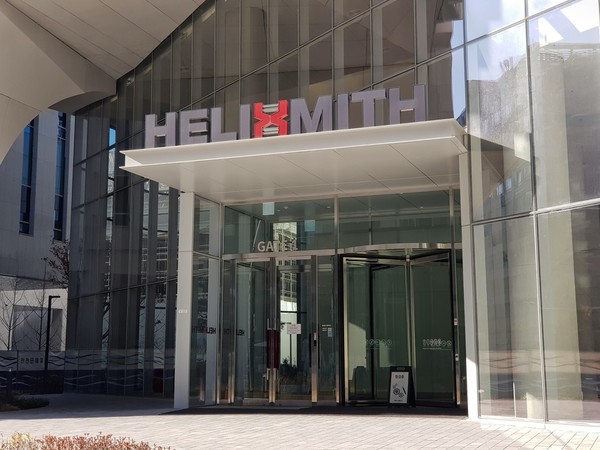Helixmith said its gene therapy Engensis, also known as VM202-DPN, failed to meet the primary endpoint in a phase 3 clinical trial for treating diabetic peripheral neuropathy (DPN) conducted in the U.S.

The phase 3 DPN trial was divided into two studies, 3-2 and 3-2b, where the primary endpoint involved comparing the difference in the average daily pain score (ADPS) over the past seven days at the 180th and 365th-day mark against a placebo group.
However, the top-line data analysis did not prove the superiority of the Engensis treatment group over the placebo group.
This result differs from the past two double-blind placebo-controlled clinical trials. In the previous phase 2 and phase 3-1b trials, the Engensis group showed significant efficacy over the placebo group, with long-lasting pain reduction effects, especially notable in patients not using drugs like pregabalin or gabapentin.
During that time, the company introduced various design elements to the phase 3-2 and 3-2b studies to increase the likelihood of success, including the use of electronic pain diaries, as it believed that the treatment would show efficacy when targeting patients not taking pregabalin or gabapentin.
However, Helixmith stressed that the top-line data of the phase 3-2 and 3-2b studies represent the analysis of only a few key indicators among the evaluation criteria.
Over the next minimum of two months, analyses of secondary endpoints, exploratory endpoints, and subgroups will continue, and the differences observed between participants enrolled during the Covid-19 pandemic and those enrolled later will be investigated during the preparation of the Clinical Study Report (CSR).
Despite the trial data analysis still ongoing, Helixmith is expected to revise its clinical development and investment strategies as a result of the top-line data.
The company stressed that its priority might shift towards the clinical development of foot ulcers over DPN in the U.S., and if the DPN project is halted, the company expects its cash expenditures to significantly decrease due to reduced clinical trial costs in the U.S.
Following the announcement of these unfavorable results, Helixmith's stock price plummeted to its lower limits as soon as the market opened on Wednesday.
As of 10:00 a.m., Wednesday, the company's shares stood at 4,250 won ($3.24), down 29.98 percent from the previous trading day.
"It's regrettable that we received such results in the disease area that was leading our progress," Helixmith's CSO and founder Kim Sun-young said. "The data from this phase 3 trial is extensive, and we need time to clearly understand its implications."
Once the results of the phase 3 trial for critical limb ischemia (CLI), Engensis' second target disease, are out, the company plans to compile all clinical results and report to the new management, Kim added.
Kim stressed that this will determine the future development direction and investment priorities for Engensis.
Meanwhile, the stock price of Biosolution, which recently acquired Helixmith, also fell due to the negative results of Engensis in possibly treating DPN.
Biosolution's stock stood at 20,850 won, down 1.18 percent from the previous trading day.
According to a public filing by Helixmith on Dec. 22, 2023, Helixmith's board meeting entered into a management rights transfer contract with Biosolution, including a paid-in capital increase.
As a result of the new share issuance, Helixmith's largest shareholder is expected to change from CanariaBio M, which holds a 9.39 percent stake, to Biosolution, which will hold a 15.22 percent stake after the increase.
However, Biosoultion stressed that the success of Engensis in treating DPN was never a critical factor in the company acquiring Helixmith.
"The success of the Engensis DPN clinical trial was not a factor in Biosolution's investment in Helixmith," Biosolution Vice President Jung Ji-wook said. "The primary goal of the investment was to utilize the know-how and intellectual property accumulated by Helixmith through various projects as a platform."
This result helps to remove the fixed image of Helixmith as a company focused only on using Engensis to treat DPN and reduce company uncertainties, improve the financial structure, and create opportunities to expand and develop other businesses, Jung added.

